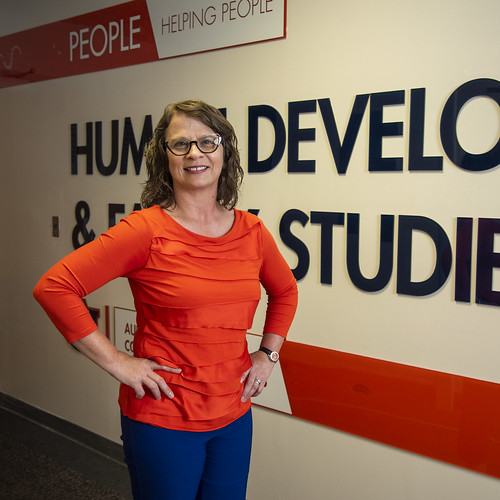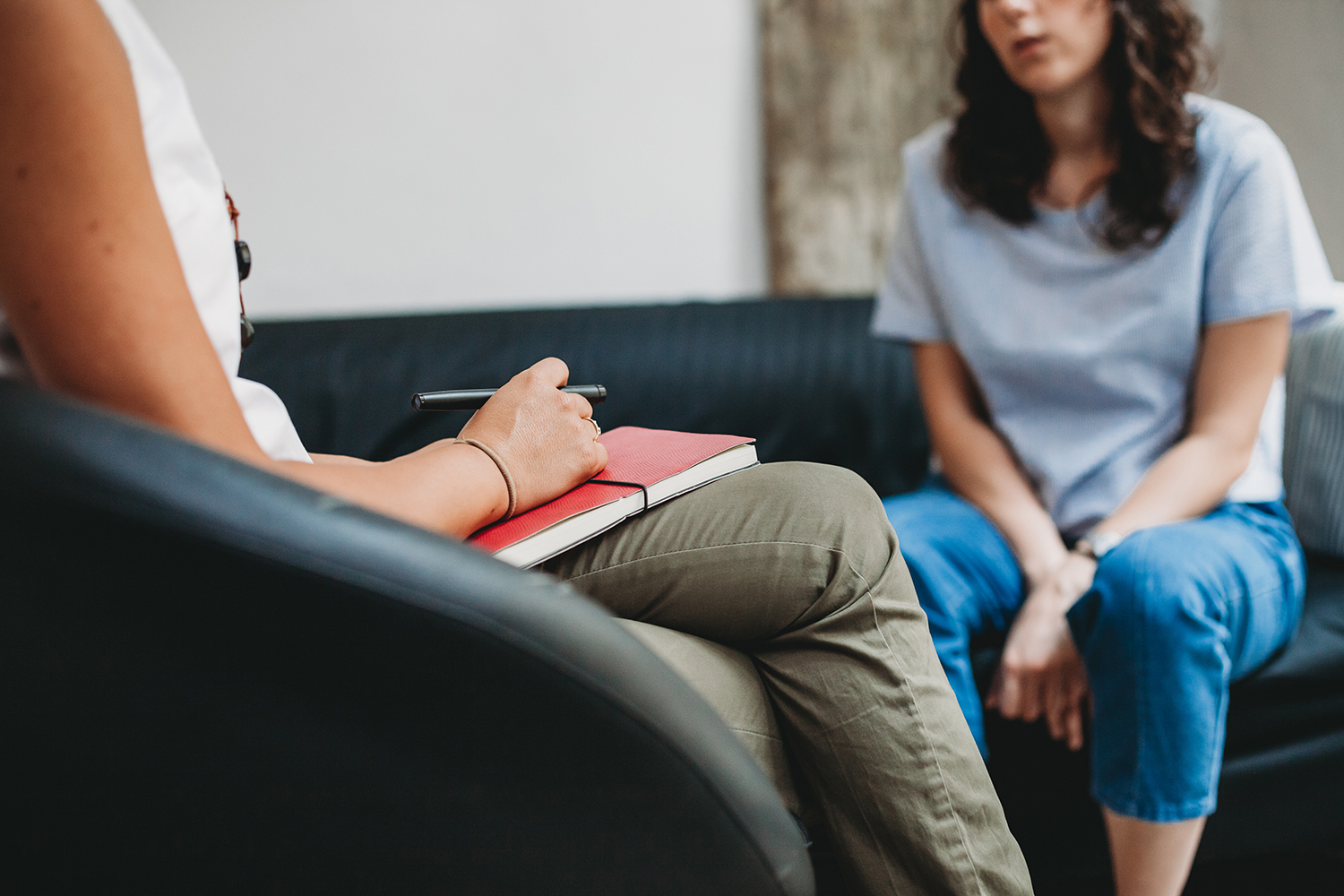Auburn University professor comments on COVID-19 stress and remote learning
Article body
Higher learning institutions across the nation are moving to remote learning and canceling events to limit the spread of COVID-19. Last week, Auburn University announced its transition to remote instruction until April 10.
Auburn University Human Development and Family Studies Professor Angela Wiley shares advice on balancing a new remote learning environment with constant news updates. Wiley is head of the Department of Human Development and Family Studies in the College of Human Sciences at Auburn.
How does the work in the Department of Human Development and Family Studies relate to the current climate regarding the COVID-19 outbreak?
In the department, we study and support individual, family and community resilience. Resilience is about remaining strong and continuing to thrive even when we are greatly challenged. COVID-19 presents a notable challenge as we all learn to participate in stopping the pandemic.
What have we learned about the relationship between outbreaks and community? Is there a downside to “social distancing” in terms of individual, family or community development?
Humans are a social species, and extended social distancing would not be conducive to optimal development or healthy relationships. But the recommended protocols including social distancing are not permanent, and we remain optimistic that such measures will not be long-lasting. Meanwhile, people should find channels for remaining in contact with one another remotely, such as the use of video conferencing. Even good old-fashioned phone calls can help ease anxieties and keep connections strong.
How does stress affect development? If college students experience increased stress/anxiety because of the remote learning environment, how will it affect them from a developmental standpoint?
In and of itself, “stress” is not necessarily negative. Stress can motivate us to seek solutions and learn new strategies. Excessive stress, especially when we have little or no control, can cause problems for health, mental and physical. However, humans are capable of great resilience and can learn to manage new challenges with excellent results. The sudden shift to a remote learning environment can be difficult. But it will prepare students to be resourceful and flexible, characteristics that can be a benefit in their future work environments.
What are the additional effects of students staying home for an extended period of time?
In unpredictable times, the stability of family can be central. While being dispersed in private family homes rather than mingled in the large groups of a bustling campus will surely help reduce the spread of the virus, readjusting mid-semester to being back in the nest can be jolting. Students may have to renegotiate the boundaries of being a young adult in their parents’ home after a period of relative self-determination. And many students will miss frequent face-to-face contact with their friends. While this is only temporary, a few strategies might help ease the transition. Students should try to make some private place for online learning, self-care like pleasure reading or watching movies, and staying connected to friends. When living back at home, student should also remember to pitch in and clean up after themselves. This will head off a number of conflicts.
What advice would you give to students on handling stress and anxiety during this time?
-
Stay connected.Staying in touch with friends and loved ones can help things feel normal and let you share feelings. Social support is a critical resource for easing stress, especially during the college years. Brainstorm ways to keep social relationships close: using apps to video chat, enjoying online interactive games with friends or binging the same series and discussing by text or phone. And remember the virus will pass and this time of separation will end.
-
Keep things in perspective. Keep re-centering yourself. Remember, the number of confirmed infections in the U.S. is low compared to the population. There is a lot of media attention on the virus and its spread and there should be, but for the majority of people, it is unlikely to pose a major, lasting threat. Still, it’s important to stop the threat before it continues and the current measures are aimed at prevention.
-
Get the facts but don’t overdose. You will want to find credible sources you can trust. The U.S. Centers for Disease Control and Prevention has a webpage dedicated to information on the coronavirus outbreak. Auburn University has a central website dedicated to updated information about COVID-19 and the university’s responses (aub.ie/coronavirus). You may also find useful and updated information from your county or state public health agencies. Limit the time that you spend seeking information, though. It’s easy to become overwhelmed. Maybe check once a day and then move on to other things.
-
Seek additional help. If you feel scared, anxious, worried, angry, sleepless and exhausted, know you’re not alone, many people are feeling the same. But if you feel overwhelmed (for example, panic attacks, nervousness, lingering depression) by feelings that negatively affect your school work or social relationships, reach out to a mental health professional. A call to the family doctor might be a good first step. There is a national hotline that can locate help in local communities: 1-800-662-HELP (4357).
Auburn University is a nationally ranked land grant institution recognized for its commitment to world-class scholarship, interdisciplinary research with an elite, top-tier Carnegie R1 classification, life-changing outreach with Carnegie’s Community Engagement designation and an undergraduate education experience second to none. Auburn is home to more than 30,000 students, and its faculty and research partners collaborate to develop and deliver meaningful scholarship, science and technology-based advancements that meet pressing regional, national and global needs. Auburn’s commitment to active student engagement, professional success and public/private partnership drives a growing reputation for outreach and extension that delivers broad economic, health and societal impact.






